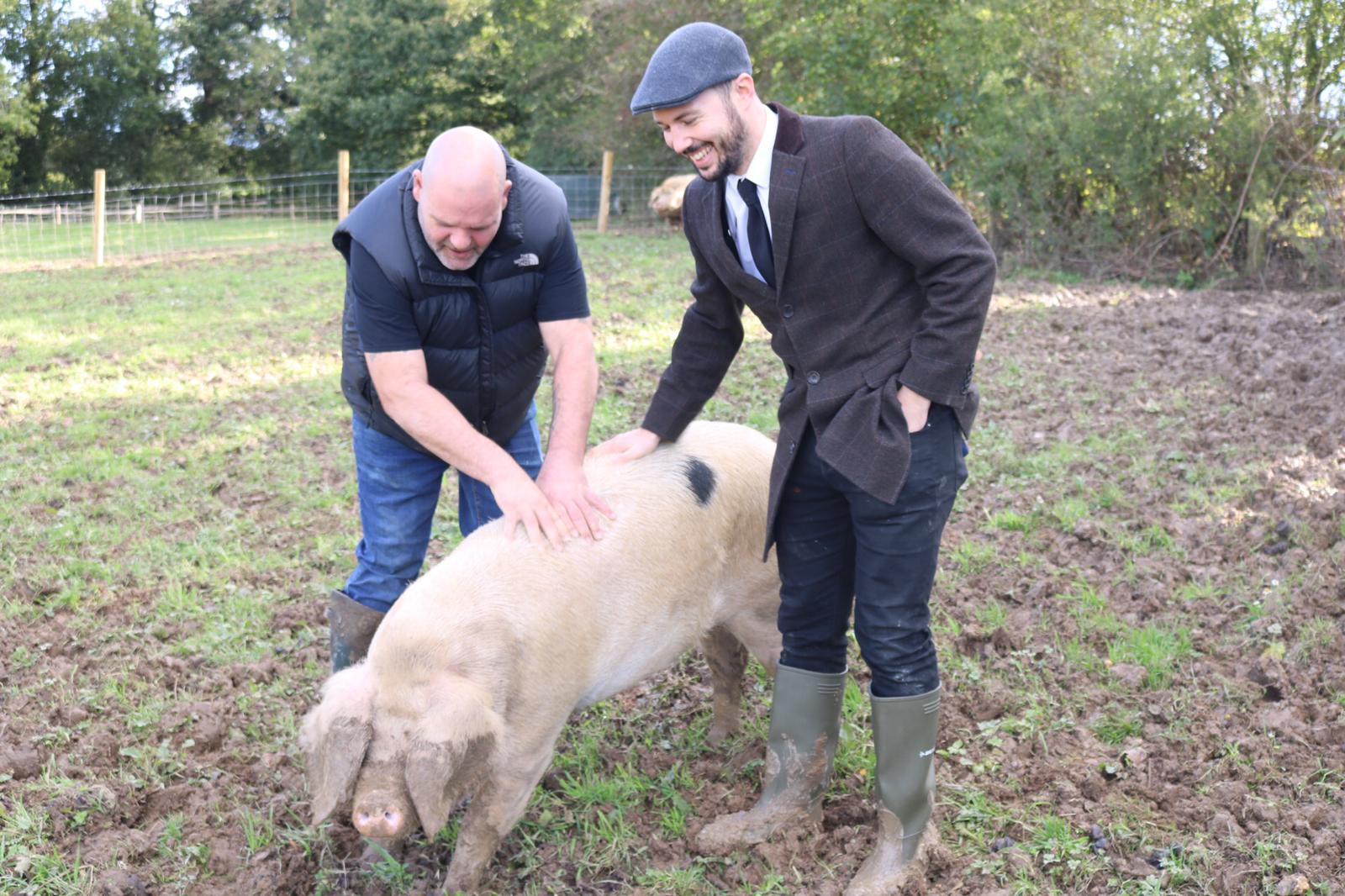Ethical meat
The green and fair livestock standards we insist on.
The landscape of the meat industry is evolving, with forward-thinking farmers transitioning from commercial farming to Regenerative Agriculture.
Regenerative Agriculture is a holistic system that prioritizes the well-being of animals, the environment, and the quality of meat produced. Unlike conventional mass production methods, Regenerative Agriculture aims to restore soil health, biodiversity, and ecosystem resilience.
For years, the meat industry has been dominated by mass production, leading to negative impacts on animal welfare, the environment, and the quality of meat available. This intensive process has resulted in various challenges, often necessitating the use of artificial measures such as antibiotics.
Farmers, pressured by supermarket quotas, resort to methods like intensive grain feeding to meet weight targets quickly. However, this practice takes a toll on soil health due to the use of pesticides and chemicals during production.
In essence, intensive farming is unsustainable and detrimental to animals, humans, and the environment.
Regenerative Agriculture offers a viable alternative, promoting practices that enhance soil health, biodiversity, and animal welfare. By adopting Regenerative Agriculture, farmers can produce high-quality meat while nurturing ecosystems and reducing environmental impact.
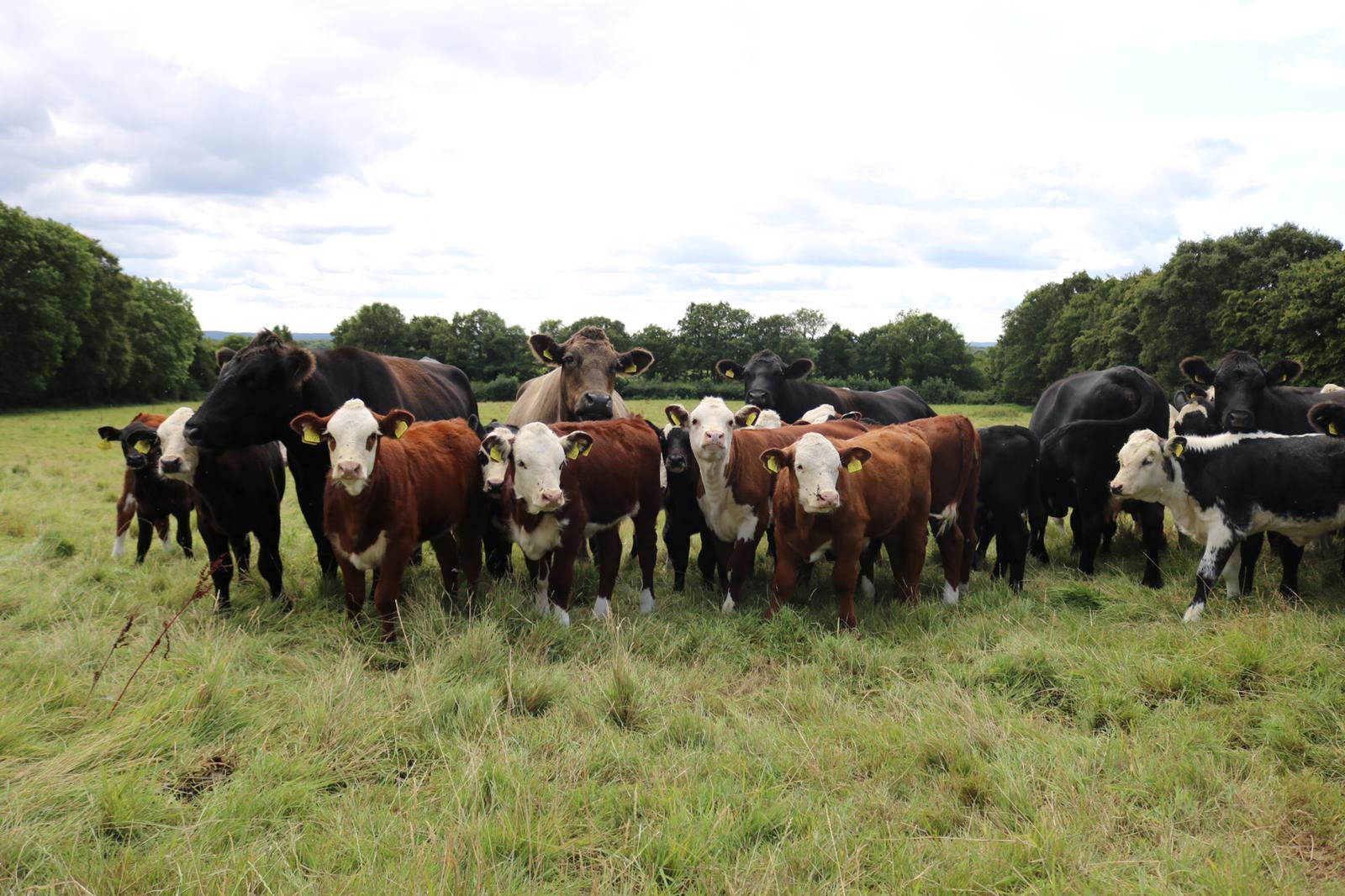
The British countryside boasts abundant lush grasslands, an iconic feature of our rural scenery and a traditional food source for livestock for centuries.
Feeding animals on pasture provides all the necessary nutritional components, especially when the pastures contain a variety of plant species like herbs, wildflowers, and clovers, enriching their diet with essential vitamins and minerals from the soil.
These diverse pastures also support a wide range of wildlife, crucial for thriving ecosystems.
Grass farms have a significantly lower carbon footprint compared to those growing cereal crops for animal feed. Grassland helps sequester and store carbon, reducing harmful emissions into the atmosphere.
Grazing animals play a vital role in regenerative farming by returning nutrients and organic matter to the soil through their dung, maintaining its health and fertility.
Pasture-fed livestock enjoy the freedom to express natural behaviors and often live in family groups. With a natural diet, they’re less prone to disease, requiring minimal veterinary attention or antibiotics.
Animals raised on pasture are less stressed, have longer lifespans, and exhibit higher fertility rates compared to those in intensive farming systems.
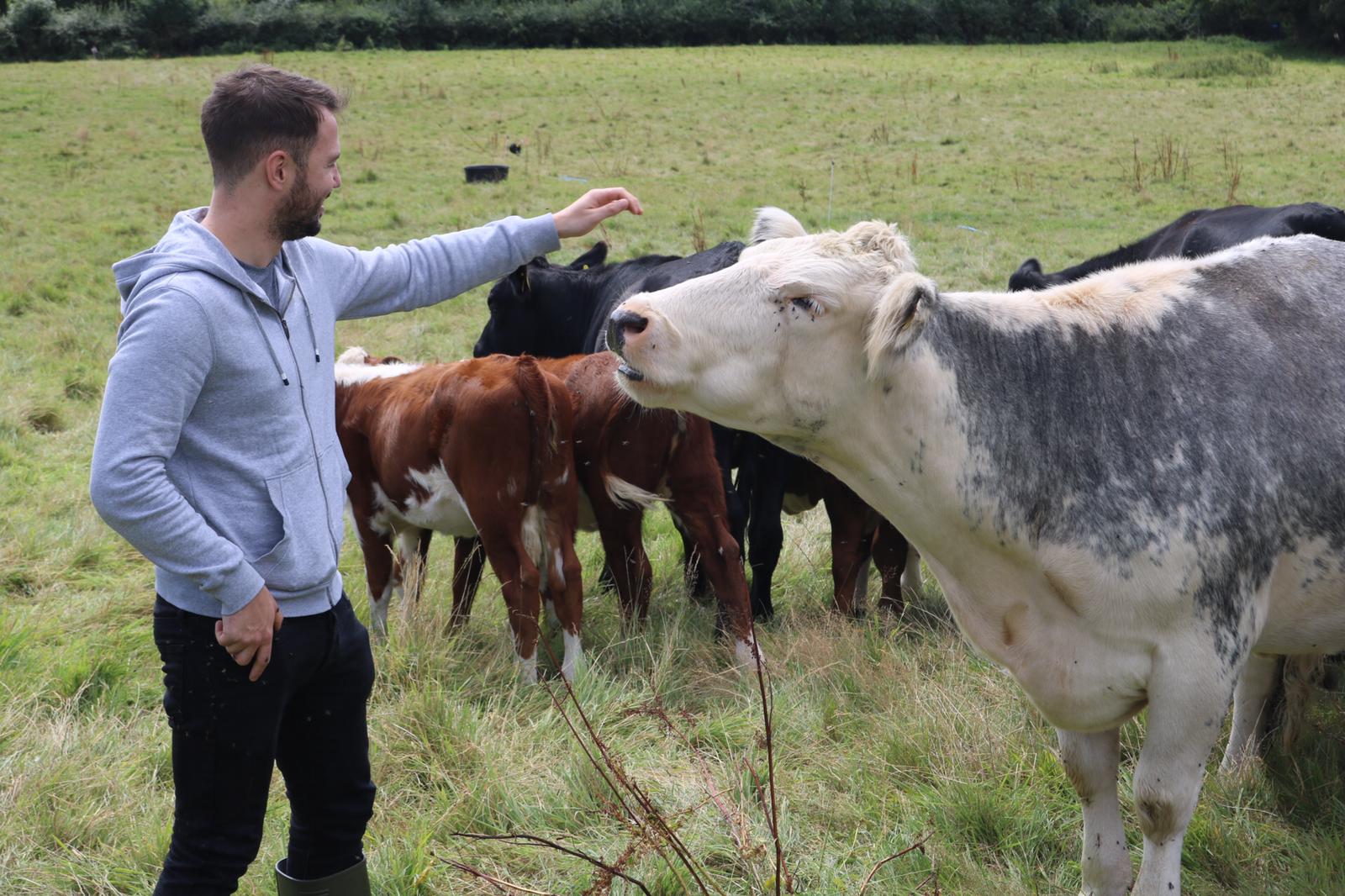
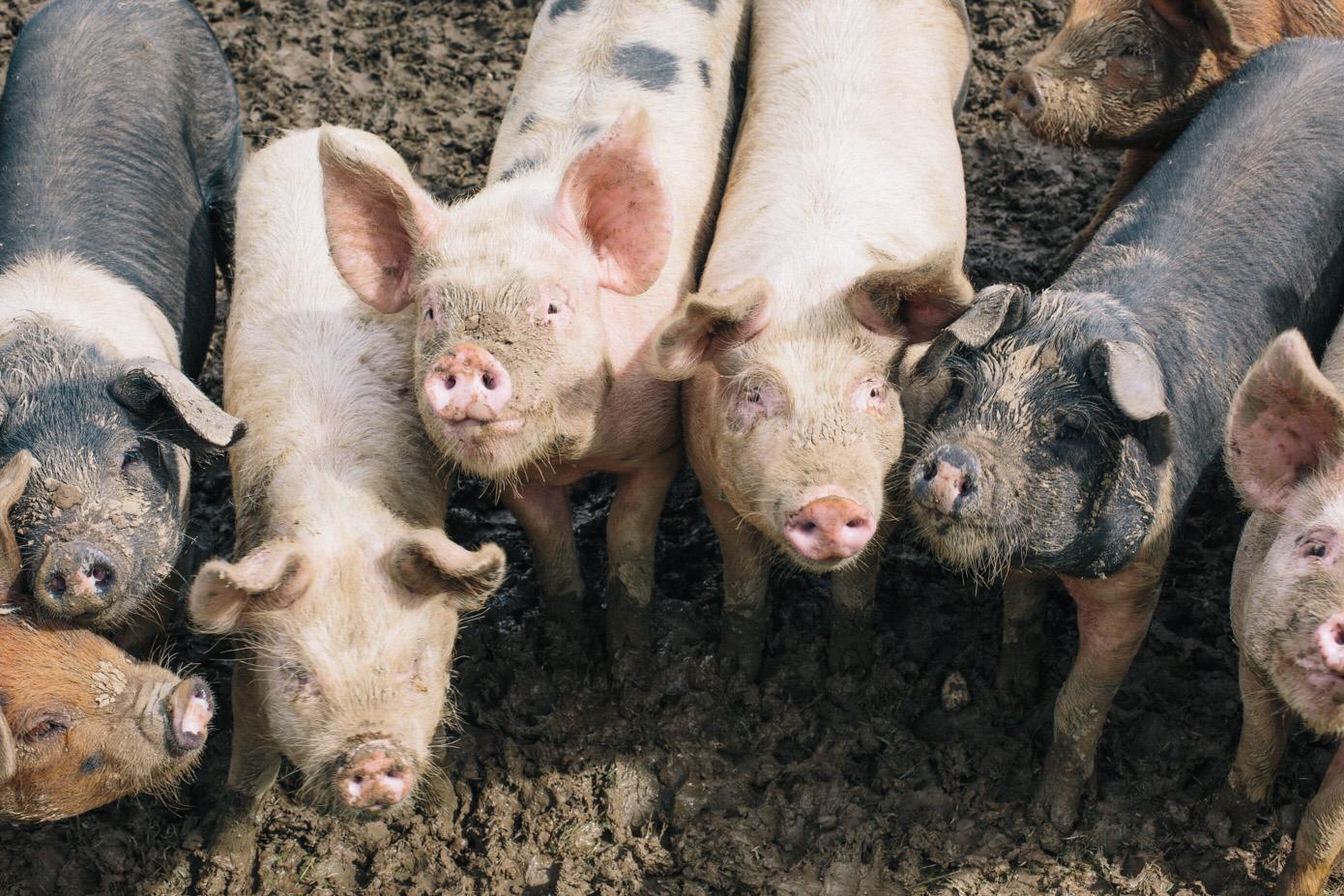
Some of the benefits of this method include:
- Lower total saturated fat levels.
- Higher vitamin and mineral levels than meat from grain-fed animals.
- Higher levels of Omega-3 and essential fatty acids needed for cell repair and growth.
- Positive carbon footprint – putting goodness back into the soil rather than depleting them. There is growing evidence to suggest that Well managed soil can contribute to reversing the effects of globing warming.
- Supports local eco systems by providing natural environments for wildlife.
- Grass is the UK’s national crop but is often under-utilised. There is great potential to produce more food from Britain’s grassland, reducing the need to import feeds from abroad.
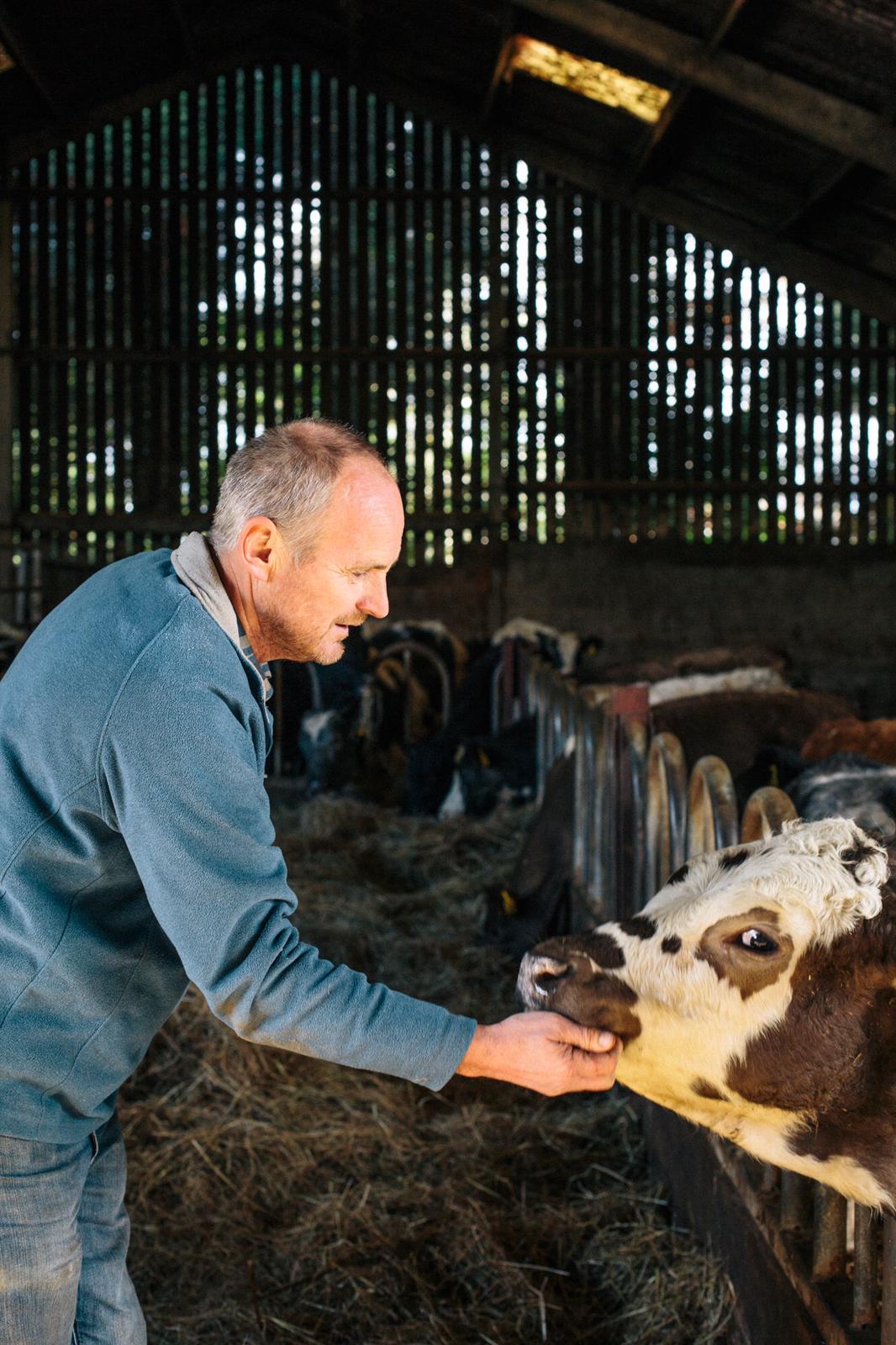
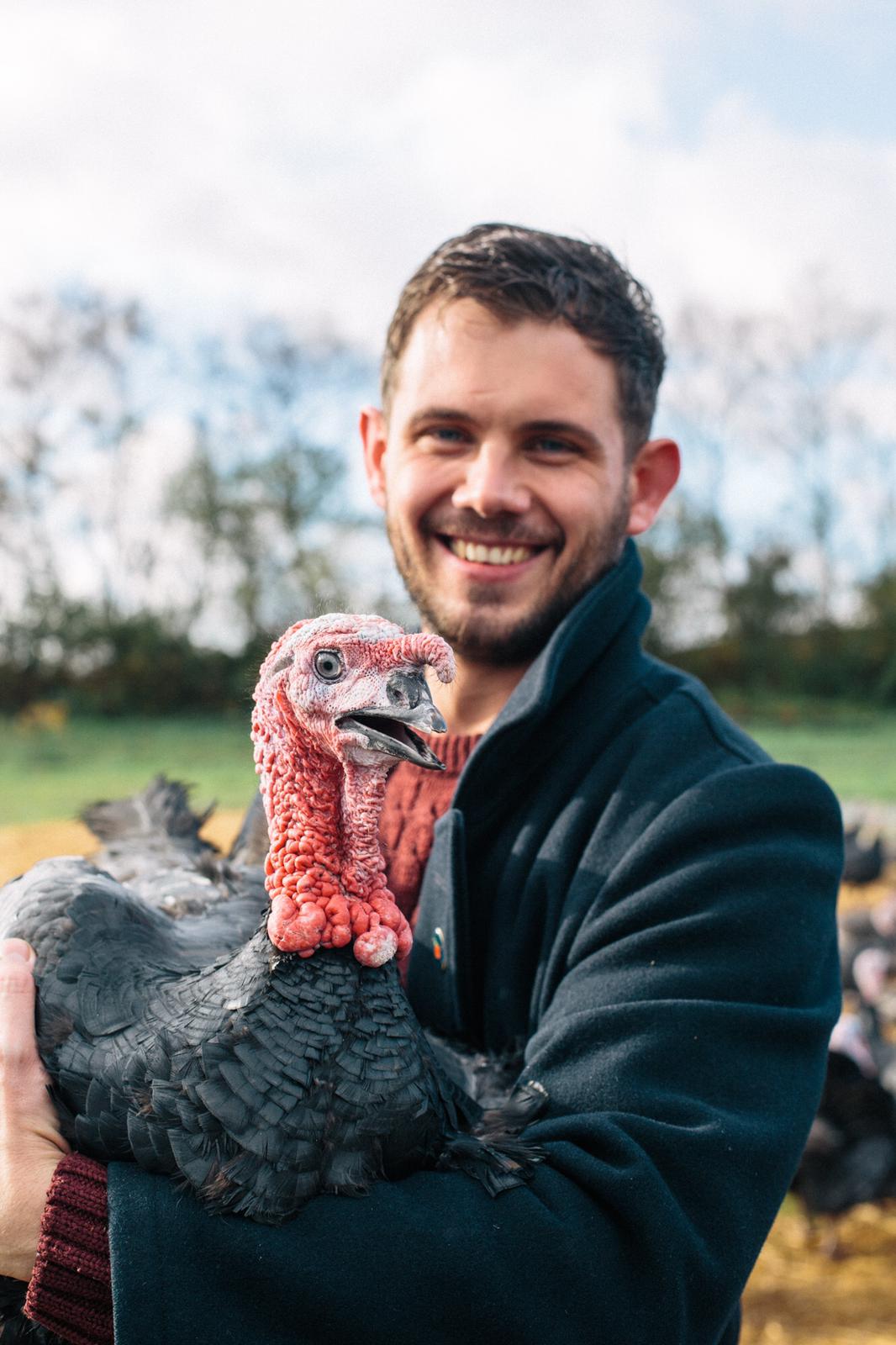
Despite the prevailing positivity surrounding pasture-fed practices, there’s been a surge of misinformation regarding farming and meat production. It’s evident that supporting intensive farming systems isn’t viable for the future. At The Guildford Butchery, we firmly believe in collaborating with like-minded farmers dedicated to traditional farming methods. This partnership fosters a positive trajectory for the butchery industry as a whole. Embracing sustainable approaches such as regenerative farming ensures the longevity of our industry for future generations while consistently delivering world-class results.
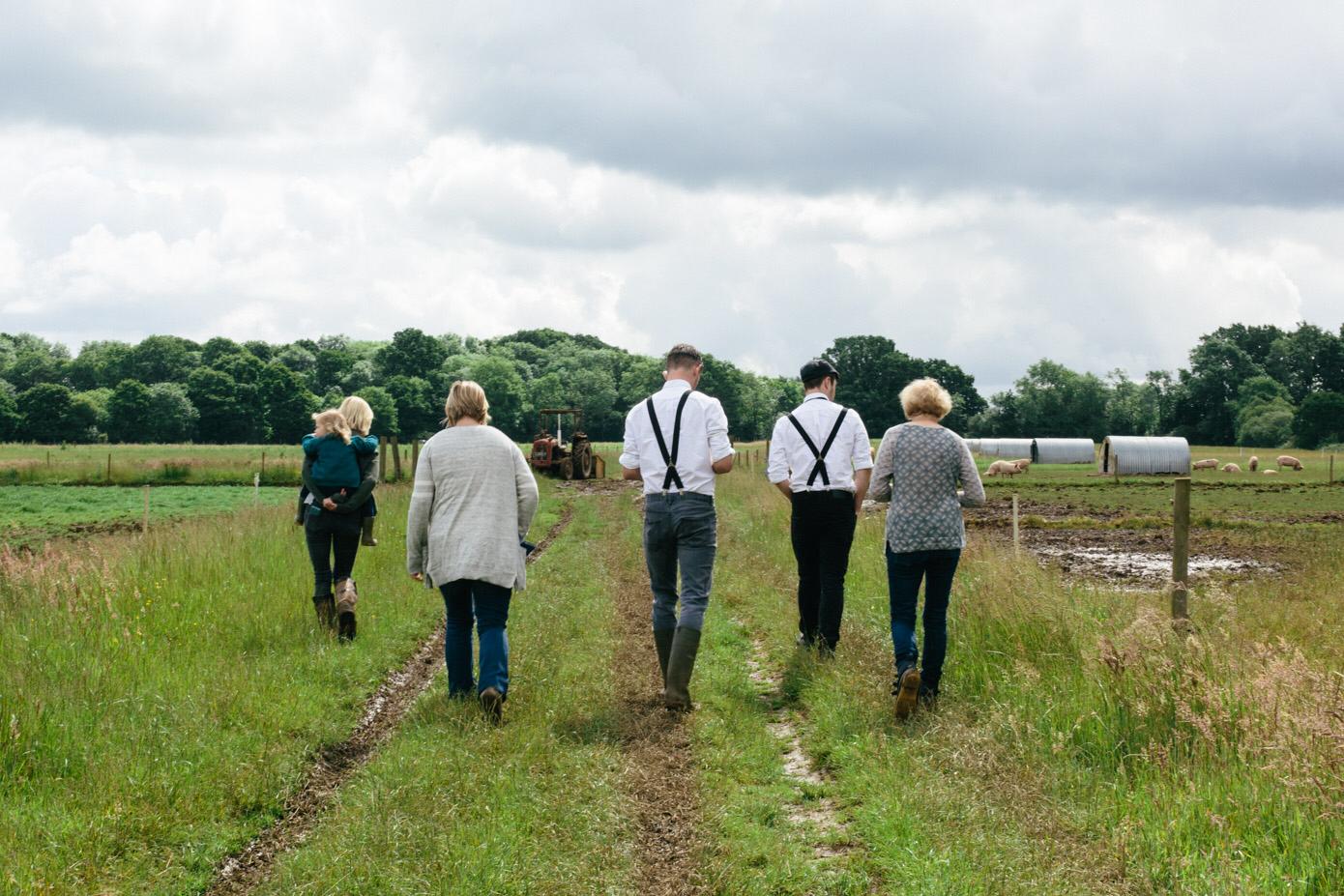
So why isn’t everybody doing it?
Simply put, it all boils down to the bottom line. Consumers shape the demand for cheaper products by voting with their purchases. When we buy subpar meat, we inadvertently endorse the continuation of intensive farming practices. Supermarkets stock such products because there’s a demand for them.
There’s no quick fix, and with diverse opinions on what constitutes the ideal diet, there’s never a definitive answer. Effecting positive change requires time, and moderation is key to any healthy system. If we collectively reduced our consumption of intensively farmed meat and supported independent producers, we’d be closer to addressing the issues caused by flawed systems.
That’s why, for us, visiting our producers is imperative to ensuring adherence to high standards and traditional methods. We advocate for high welfare standards with minimal environmental impact, achievable through the implementation of natural farming methods.
